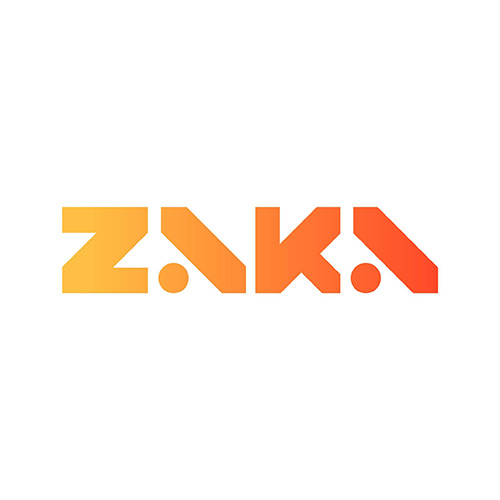




Think AI is too technical for you?
Think again! This program is designed for absolute beginners, welcoming you into the world of AI with open arms.
We'll show you how to truly leverage AI to boost your productivity and confidently thrive in today's AI-driven world.
Developed as a partnership between AUB and ZAKA, this 8-week, hands-on program cuts through the complexity. You'll gain practical skills to:

Anyone interested in learning how to use AI tools effectively without prior knowledge with only English Language proficiency


PhD in ECE
Lecturer and AI Consultant with extensive experience across academia and industry in the fields of machine learning, MLOps, explainable AI, and edge AI. His work bridges cutting-edge research with real-world deployment, spanning the training of AI practitioners, advising startups, and building production-grade machine learning pipelines.

ZAKA is a leading AI consulting and training company committed to democratizing AI knowledge and solutions across the MENA region and beyond. With a focus on education, innovation, and community-building, ZAKA empowers individuals, organizations, and industries to harness the potential of AI. They have so far graduated more than 300 certified AI engineers and have successfully partnered with large organizations including Microsoft, Samsung, Google, KSA Ministry of Communications and Information Technology, Saudi Data and AI Authority (SDAIA) and Al Ghurair Foundation to offer large scale AI training.